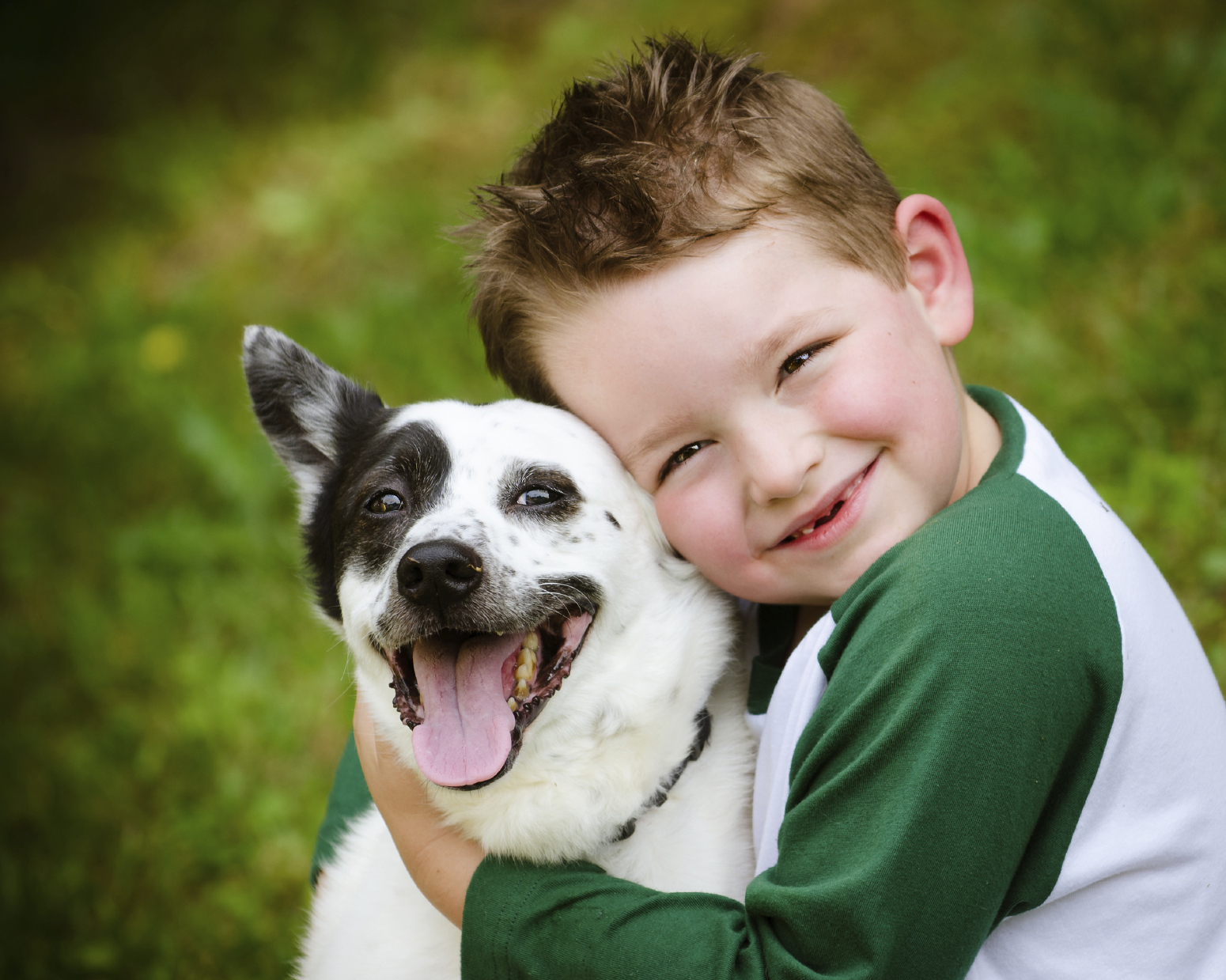
Matt Cassels on his research on the relationship between children and their pets.
It is really surprising that these children not only turn to their pets for support when faced with adversity, but that they do so even more than they turn to their siblings.
Matt Cassels
Matt Cassels had at least 10 pets when he was growing up and yet it had never occurred to him to think about how important his relationships with them were…until he came to Cambridge and started working on a rich data set from the Toddlers Up Project led by Professor Claire Hughes at the Centre for Family Research and made possible in part by a grant from the Waltham Foundation.
This 10-year longitudinal study of the social and emotional development of a diverse group of children from over 100 families recruited at the age of two included a section on children's relationships with their pets, as well as a broad range of other data from the children, their parents, teachers, and siblings. The study has so far led to the publication of 17 journal articles, several chapters and a book titled Social Understanding, Social Lives, which won the 2013 British Psychological Society Book Prize.
Matt [2014] was looking for a research topic for his MPhil in Social and Developmental Psychology. He says: “The data on pet relationships stood out as it had never occurred to me to consider looking at pet relationships although I had studied children’s other relationships for some time and even though my own experience of pets while I was growing up was so important.”
Research on pet relationships has been going on for some time, but few studies have used the same tool to compare children’s relationships with pets with their other relationships or have focused on how the quality of pet relationships affects outcomes for children.
Matt decided that was what he wanted to focus on. What he found surprised him. He had thought strong pet relationships would make for happier children, but the truth was more complex.
Instead he discovered that children who had suffered adversity in their lives, such as a bereavement, divorce, instability and illness or were from disadvantaged backgrounds, were more likely to have a stronger relationship with their pets than their peers, although they did less well academically and suffered more mental health problems.
Matt says this may be because they come from backgrounds that predispose them to such problems. Despite this, the study showed children with stronger relationships with their pets had a higher level of prosocial behaviour – such as helping, sharing, and co-operating – than their peers. The study also demonstrated that these children, particularly girls and those whose pet was a dog, were more likely to confide in their pets than in their siblings.
Matt says: “It is really surprising that these children not only turn to their pets for support when faced with adversity, but that they do so even more than they turn to their siblings. This is even though they know their pets don’t actually understand what they are saying. “
Asked why the research might show girls talk and argue with their pets more than boys when previous less detailed research tends to suggest it is boys who have a better relationship with their pets, Matt adds: “They may feel that their pets are not judging them and since pets don’t appear to have their own problems they just listen. Even confiding in a journal can be therapeutic, but pets may be even better since they can be empathetic.”
Matt's research was based mostly on data collected when the children, 88 of whom had pets at the time, were 12 years old, 10 years after they had begun participating in this study. The children, their parents, siblings, and teachers all provided information on prosocial behaviour, emotional wellbeing, academic ability, and children’s relationship with their pet. Matt measured this information against how much children confided in their pet, how much they argued with their pet, what satisfaction they got out of their relationship with their pet, and how often they did things with their pet each day.
To do so he used a new pet attachment scale adapted from an established and psychometrically validated measure of human attachment. His results supported the validity of using the tool and of considering human-animal relationships in similar terms to human-human relationships. “I had to first prove that it was valid to talk about child pet relationships in the same way we talk about sibling relationships and that we were not indulging in anthropomorphism. My research found the tool was better than those that have previously been available so the possibilities for future research in this area are exciting.”
Matt, who is now doing a PhD in the Psychiatry Department with the support of a Gates Cambridge Scholarship, has written two papers on his research, which are currently under review for publication. He says there is a lot more that could be done with the Toddlers Up data, for instance, looking at the impact of pet deaths on children.
“Pets are relatable and ubiquitous,” he says. “In the US and England pets are more common in families with young children than resident fathers and yet we don’t quantify how important they are to us.”












